
Detention of Two Taiwanese in China Sparks Concern About Personal Safety
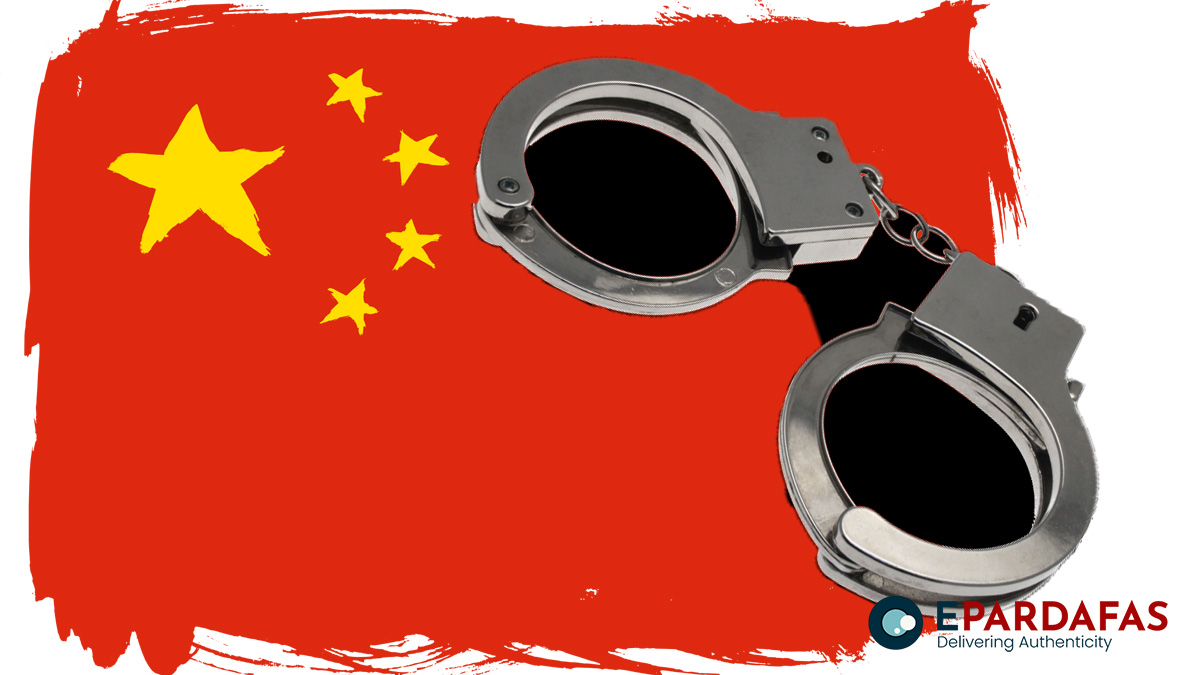
Taiwanese photographer Lin Jai-hang never thought a seemingly routine business trip to China would turn into a 12-hour detention at a Chinese police station. Lin, who has published several books documenting the lives of gay men, was in Nanjing City on May 31 to promote his works at a book fair. Less than half an hour after he began setting up his booth, seven or eight individuals started taking photos of his books and soon called the police, who took Lin away, Voice of America(voa) Reported.
“The police first went back to my hotel room for another round of search and took me and a staff from the book fair to the police station,” Lin told VOA in a phone interview, adding that he was told he would be detained for 24 hours for “spreading obscene images.” Lin described how the police confiscated his phone, handcuffed him, performed a strip search, and collected his fingerprints and blood samples.
During questioning, the police asked Lin a series of personal questions, including about his sexual orientation, family details, his reasons for photographing gay men, and his decision to join the book fair. “The police then sent me back to a room and I was detained for several hours with other people,” Lin recalled. He was eventually released around midnight, but the police confiscated most of his works, citing their inappropriateness for public display.
Lin isn’t the only Taiwanese recently detained in China. Taiwan’s Mainland Affairs Council (MAC), which oversees cross-strait relations, revealed on June 6 that a Taiwanese citizen was detained for several days while traveling with a tour group in Fujian Province. The council’s spokesperson, Liang Wen-jie, noted that this is the first time a member of a Taiwanese tour group was detained in China, and the individual was released after the tour group returned to Taiwan.
MAC head Chiu Chui-cheng urged Taiwanese people to be aware of their safety and carefully assess potential risks if they plan to travel to China, Hong Kong, or Macau. The Chinese government has not publicly commented on the two cases, and VOA has reached out to China’s Taiwan Affairs Office for a response.
The detentions come amid China passing a series of laws aimed at safeguarding national security since last year. In July, China revised its anti-espionage law, giving authorities more power to punish perceived threats to national security. In March, China’s parliament vowed to adopt several security-related laws in 2024.
Some analysts believe these detentions reflect China’s growing concern about Taiwan potentially pursuing independence under President Lai Ching-te’s leadership and Beijing’s attempt to stop this trend. “Beijing’s efforts to enact a series of new laws related to national security show that they believe it’s necessary to roll out more forceful measures to safeguard their core interests,” said Hung Chin-fu, a political scientist at National Cheng Kung University in Taiwan.
Other experts warn that Taiwanese people will face greater risks when traveling to China. “With the counter-espionage law and the national security law, there has been an expansion in the range of activities that could bring in law enforcement action in [China,]” Ja Ian Chong, a political scientist at the National University of Singapore, told VOA.
Hung in Taiwan believes this trend will deter some Taiwanese from traveling to China. “Since there is almost no guarantee of personal safety, any Taiwanese person thinking about traveling to China needs to carefully assess whether it’s worth taking the risks or not,” he said.
Some Taiwanese activists argue that the recent detentions reflect a lack of transparency regarding what actions might trigger law enforcement. “There are no clear red lines,” said Lee Ming-che, a Taiwanese activist sentenced to five years in prison on subversion charges in 2017 by a Chinese court.
Taiwanese photographer Lin said his experience has convinced him that the risks of traveling to China are too high for artists like him, who focus on subjects deemed inappropriate by Chinese authorities. “I don’t think I will consider traveling to China anytime soon because I’m worried I could be targeted if they arrest me under a different crime,” he told VOA, adding that his experience makes him believe China is an unfriendly place for LGBTQ artists.
As China prepares to hold the annual Straits Forum in Xiamen on June 15, Hung believes both sides of the Taiwan Strait are unlikely to reduce the increasingly heightened tension through the meeting. “While China will try to continue influencing some Taiwanese people who favor deepening cross-strait exchanges, the effect of their influence campaign will be limited because the overall trend of cross-strait relations is still deteriorating,” he told VOA. “A new Cold War is forming between the Chinese government and the Taiwanese government under the leadership of the pro-sovereignty Democratic Progressive Party,” Hung said.

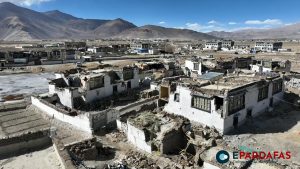
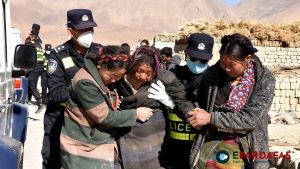
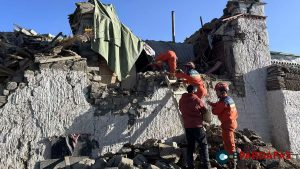
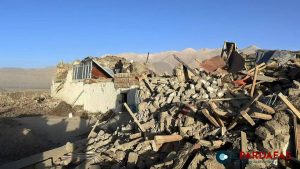





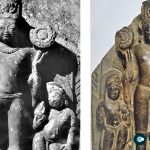

Comments